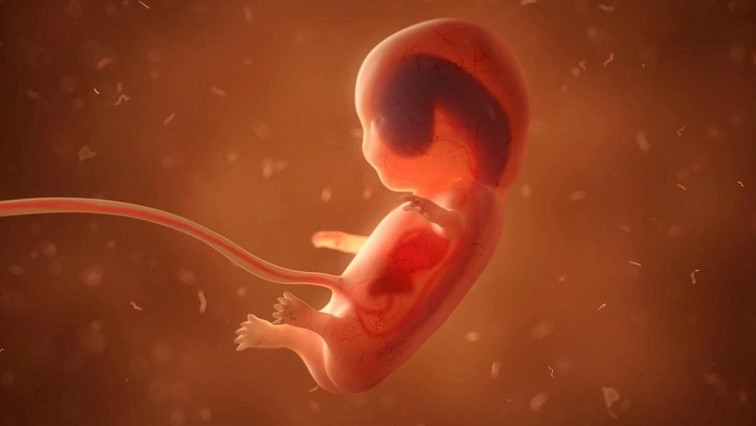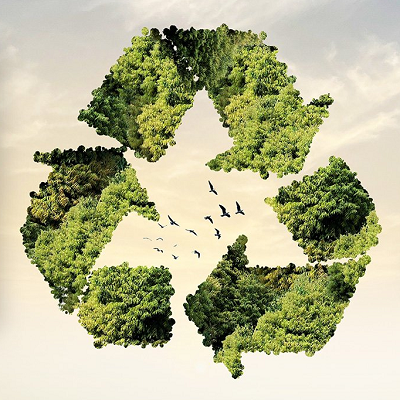New research has raised global concerns over the dangerous effects of air pollution as toxic pollutants have been found in the developing lungs and other vital organs of unborn babies. The particles were detected as early as the third trimester, raising concerns over exposure to pollution.
The toxic pollutants are in the form of nanoparticles known as black carbon, which were found when researchers tried to understand if soot particles can reach the fetus. The nanoparticles in the unborn baby are the result of exposure of the mother to particulate air pollution during pregnancy.
While previous studies had shown that black carbon nanoparticles get into the placenta, there was no solid evidence that these particles then entered the fetus. This is the first such medical discovery.
The findings of the research have been published in the medical journal The Lancet Planetary Health, which was aimed at gathering data on whether or not ambient particles can both reach and cross the human placenta to exert direct effects on fetal organ systems during gestation.
Researchers at the University of Aberdeen, UK, and Hasselt University, Belgium found that these nanoparticles also cross the placenta into the fetus in the womb as early as the first trimester of pregnancy and get into its developing organs, including its liver, lungs, and brain.
We show in this study that the number of black carbon particles that get into the mother is passed on proportionally to the placenta and into the baby. This means that air quality regulation should recognise this transfer during gestation and act to protect the most susceptible stages of human development, Professor Tim Nawrot, a co-author of the paper, said in a statement.
Black carbon, according to the Environment Protection Agency, is the sooty black material emitted from gas and diesel engines, coal-fired power plants, and other sources that burn fossil fuel. It comprises a significant portion of particulate matter or PM, which is an air pollutant.
The new findings are worrying since the third trimester is key to organ development and the exposure could lead to issues with the pregnancy.
The findings conclude that a developing baby in the womb is directly exposed to black carbon air pollution particles, uncovering the mechanisms involved in health risks.
Read the original article on IndiaToday.







